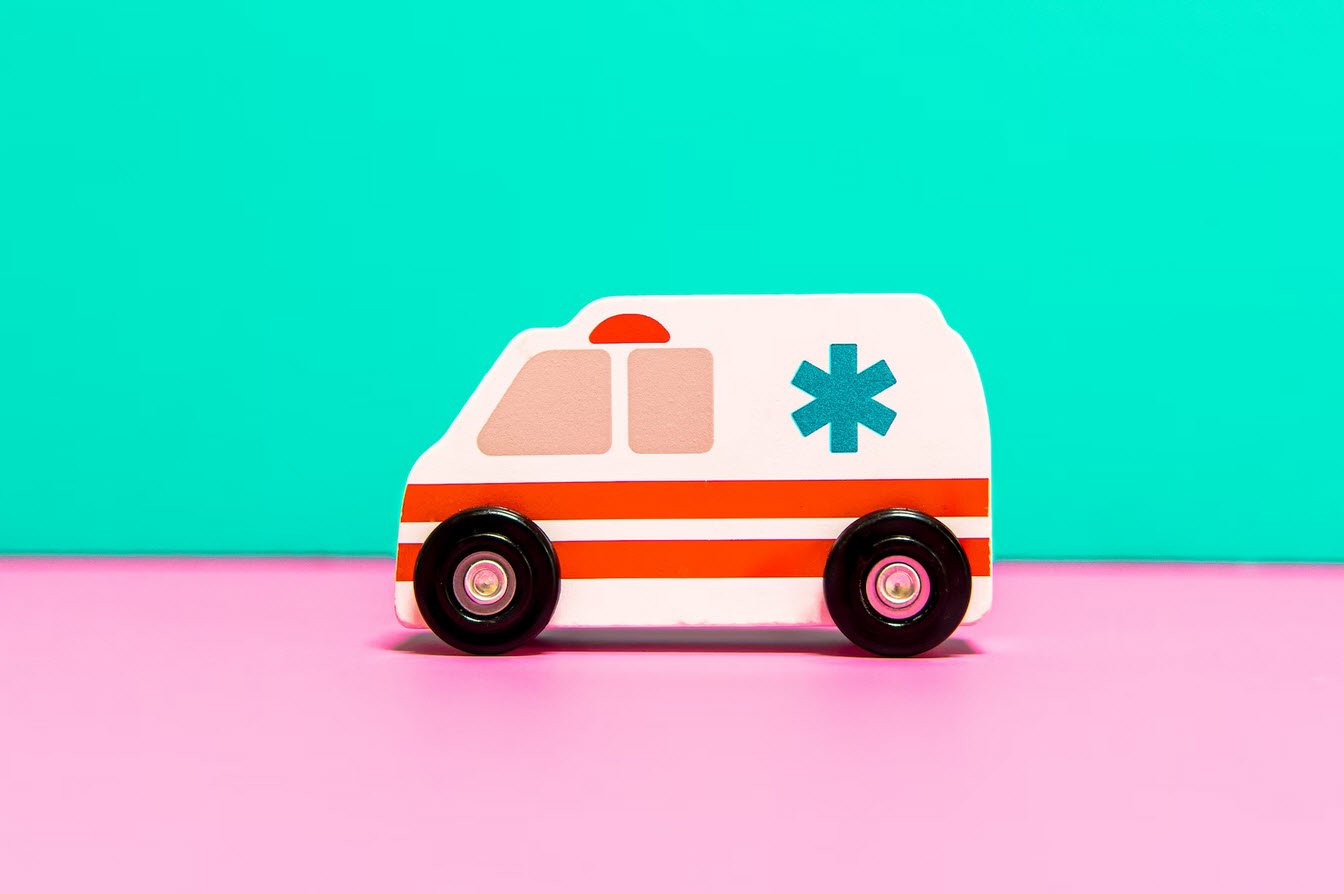
Depression is not a normal part of the aging process, and studies indicate that most older adults feel satisfied with their lives despite the increased prevalence of physical ailments. However, when depression does occur in older adults, it may often go unnoticed or overlooked due to various factors. Older individuals may exhibit different, less obvious symptoms of depression and may be less inclined to acknowledge or express feelings of sadness or grief.
There are several reasons why depression in older adults may be underdiagnosed or misunderstood. Many seniors may have co-existing medical conditions such as heart disease, stroke, or cancer, which can contribute to depressive symptoms. Additionally, certain medications commonly taken by older adults may have side effects that can lead to or exacerbate depression.
It is also worth noting that some older adults may experience what is referred to as vascular depression, arteriosclerotic depression, or subcortical ischemic depression. This form of depression is associated with reduced flexibility and hardening of blood vessels over time, leading to decreased blood flow to the brain. Those with vascular depression may be at risk for cardiovascular illnesses or strokes.
Contrary to common perception, the highest rates of suicide are found among older white males aged 85 and older. Many of these individuals may have a depressive illness that goes undetected, despite visiting their doctors within one month of their deaths.
However, there is hope for older adults experiencing depression. The majority of older individuals with depression show improvement when they receive treatment. Treatment options may include antidepressant medication, psychotherapy, or a combination of both.
Research has demonstrated the effectiveness of medication and combination treatment in reducing the rate of depressive recurrences in older adults. Psychotherapy alone can also be effective in extending periods free of depression, particularly for older adults with milder forms of depression. It is especially beneficial for those who are unable or unwilling to take antidepressant medication.

Recognizing the unique considerations and challenges faced by older adults with depression is crucial for providing appropriate care and support. Healthcare professionals and caregivers should be vigilant in detecting signs of depression in older adults, taking into account the potential impact of physical health conditions and medications.
By offering effective treatment options such as medication and psychotherapy, we can improve the well-being and quality of life for older adults experiencing depression.
In conclusion, depression in older adults requires careful attention and consideration. Understanding the distinct factors that contribute to depression in this population, including medical conditions, medication side effects, and the presence of vascular depression, is essential for accurate diagnosis and effective treatment. By providing appropriate care and support, we can help older adults navigate and overcome depression, ultimately enhancing their overall well-being.








